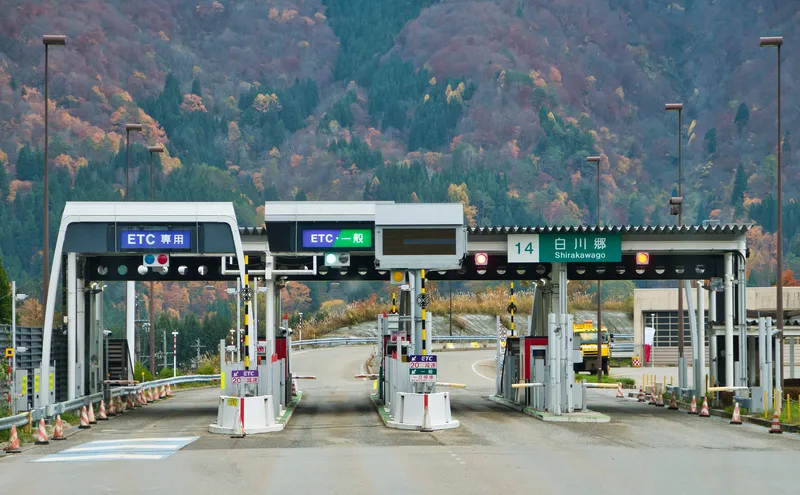To make the toll collection process on the national highways easier and more transparent, the Indian government will roll out RFID-based electronic toll collection (ETC) across all the toll plazas on national highways throughout the country by 2014. "By 2014, we intend to have by ETC on all toll plazas in the country,” Road Transport Minister C P Joshi said. He added that pilot projects have already been launched on some national highways. Based on radio frequency identification (RFID) technology, ETC uses
April 2, 2013
Read time: 1 min

To make the toll collection process on the national highways easier and more transparent, the Indian government will roll out RFID-based electronic toll collection (ETC) across all the toll plazas on national highways throughout the country by 2014.
"By 2014, we intend to have by ETC on all toll plazas in the country,” Road Transport Minister C P Joshi said. He added that pilot projects have already been launched on some national highways.
Based on radio frequency identification (RFID) technology, ETC uses an on-vehicle RFID chip-embedded sticker. The toll charge is automatically deducted as the vehicle passes through the toll plaza.
The Indian government hopes that the introduction of ETC technology will expedite the clearing of traffic at toll plazas and reduce cash transactions.
"By 2014, we intend to have by ETC on all toll plazas in the country,” Road Transport Minister C P Joshi said. He added that pilot projects have already been launched on some national highways.
Based on radio frequency identification (RFID) technology, ETC uses an on-vehicle RFID chip-embedded sticker. The toll charge is automatically deducted as the vehicle passes through the toll plaza.
The Indian government hopes that the introduction of ETC technology will expedite the clearing of traffic at toll plazas and reduce cash transactions.










